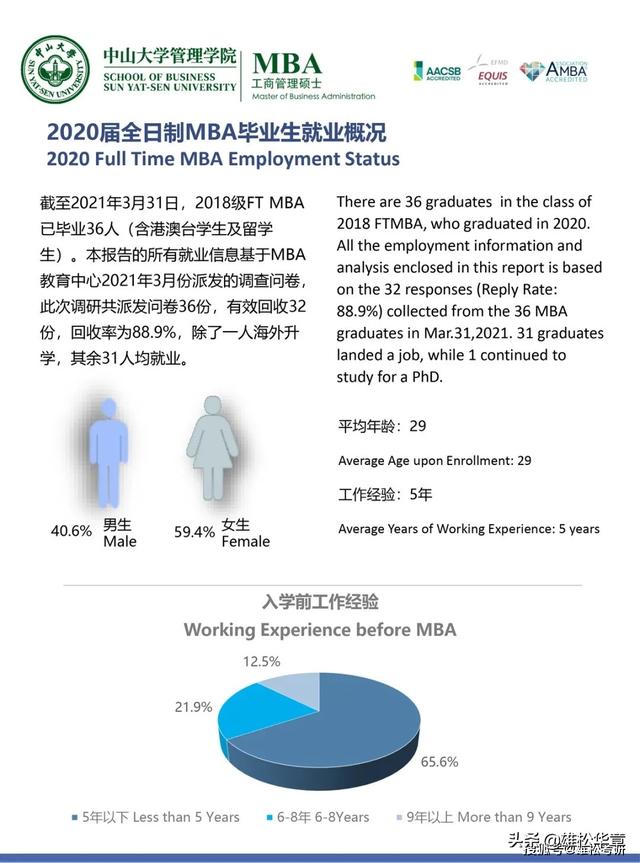大家好闲来无事把英语语法简单梳理梳理,如果有误还请批评指正,下面我们就来聊聊关于高中英语动词集锦?接下来我们就一起去了解一下吧!

高中英语动词集锦
大家好!闲来无事把英语语法简单梳理梳理,如果有误还请批评指正。
来来来,上课之前先活动活动,学个节奏(注意,里面的词语末尾轻读):
动,动,动,动
动词does,动词does,动词does,动词does
系词 系词 系词 系词
You, you,动词does,动词does,动词does,动词does……
恩,有的时候啊,学习还是挺枯燥的,尤其是学语法,所以请务必保持一颗欢乐的心。但,这世界没那么多人逗咱开心,咋整?子曰:求自己,没毛病!
好的,书接上文,前一篇咱们了解了一下动词的分类、动词的基本形式,一直干到动词的用法。看了系动词,接下来看实义动词。
6.3 动词的用法
1)连系动词(已讲)
2)实义动词
具有完整意义,可以单独做谓语的动词,主要表示主语的动作、状态和品质。包括及物、不及物动词。
(1)不及物动词
后面不能跟宾语。英语中大多数动词既可作及物动词也可作不及物动词。只能做不及物动词的比较少,有:
注意,这种分类纯属自娱自乐,没有学术意义。千万不要迷信哥~
具体动作类:
Go, come, lie, run, stay, walk, wait, stand, sit, rise, fall, flow,
例句:
I can't believe that you just come to see my parents, the first time, with an empty hand!
我勒个去,你第一次见我爹妈就空着手来的!
正规翻译:我无法相信,你第一次见我爹妈,手竟然是空的。(我干过这事。。。)
As the saying goes, you'd better lie a while when you fall over somewhere.
古人云,在哪跌倒,就在哪躺下歇歇。
正规翻译:就像人们常说的,当你在哪里跌倒了,你应当躺着歇一会儿。
行为状态类:
Arrive, appear, disappear, happen, graduate, agree, cry, apologize, ache, die, exist,
例句:
The luckiest thing is that when I need someone beside and you happen to appear.
最幸运的事情莫过于当我需要有人在身边而你恰好出现。(谁不曾青春过?)
(2)及物动词
后面能跟宾语的动词。有后面跟单宾语、双宾语的,还有复合宾语。
①跟单宾语的动词
同样,这种分类属于个人爱好,参考即可,你们可以用自己的方法去整理总结。
抽象动作:
Accept, Discover, Defeat, Forget, Guess, Think
情绪动作:
Enjoy, Excite, Please, Interest, Love, Surprise, Worry
行为动作:
Bury, Cover, Use, Eat, Put, Ride
例句:
It's hard for me to accept the fact that Chinese football team defeat its competitor.
我难以接受国足能赢球这个事实。(其中fact与Chinese football team defeat its competitor是同位语关系,也即两个东西是一件事情,只不过一个是缩略版,一个是完整版)
②跟双宾语的动词
*当直接宾语位于间接宾语之前时,这类动词常和to搭配(borrow除外)。
Pay, pass, read, return, show, sell, teach, tell, Promise,等
Bring, give, hand(递), Borrow, lend, offer, rent, send,等
例:
Bring the C4 to me=bring me the C4. 把C4(手榴弹)给我。
Hand the hammer to me=hand me that hammer. 把锤子给我。
这里面,东西(C4, hammer)是直接宾语,因为它是动作的直接承受者。人是间接宾语,尽管位置可能在动词之后。
*当直接宾语位于间接宾语之前时,这类动词常和for搭配。
Buy, book, cook, choose, design, find, fetch, get, order, paint, prepare, spare等
例句:
Can you buy a digger for me? 你能给我买一辆挖掘机吗?
其中,do, leave, play, sing可以和to, for搭配。
What are you going to do to me son? 小za,你想(对我)干啥!
③常见的跟复合宾语的及物动词
补足语就是通常对宾语(或主语)进行补充说明的词,可以是一个形容词,也可以是一个短语。如果没有补足语,句子的意思会不完整。
*跟形容词或形容词短语做宾补的动词:
Believe, consider, find, imagine, make, think等
例:
Find it more and more difficult to stay happy(it为形式宾语,形容词 动词不定式做宾补)
He has the talent that he can make it really difficult to do anything.
他有一种才华,就是能把任何事情复杂化。
*跟名词短语作宾补的动词:
Call, consider, choose, elect, find, make, name
例:
We call ourselves the successor of Dragon. 我们自称为龙的传人。(其中ourselves是宾语,the successor of Dragon是宾语的补足语,补充ourselves。没有补足语,句子意义不完整)
*跟带to的不定式作宾补的动词:
Advise, allow, ask, expect, get, invite, order, tell, teach, wish, warn, want
例:
She invited me to join her family dinner.
Mother advises us to study harder otherwise we will be asked to do the farm work.
妈妈建议我们好好学习,要不然就去种地。
*跟不带to的不定式作宾补的动词:
Let, have, see, watch, feel, hear, discover, make, observe
He discovered a comet travel around the sun. 他发现了一颗绕着太阳飞行的彗星。
Let the baby go! Don't make her cry. 放开宝宝,被给人家整哭了!
*跟动词ing形式作宾补的动词:
Catch, discover, find, get, hear, have, keep, observe, see, smell, watch
I watched the stupid Husky running and roaring when it was lying and dreaming.
我就看着那条二哈躺着睡觉,一边腿子在跑,嘴还叫唤着。
*跟动词ed形式作宾补的动词:
Feel, find, get, have, hear, make, see, watch
Finally, I found the poor man killed by that boar.
终于,我找到了那个被野猪拱死的可怜男人。
*用as等引导的介词短语(as后接名词、代词或形容词)作宾补的动词:
Consider, choose, regard, treat, use, imagine
Our leader considered you as a promising young man. 我们领导看好你呦,年轻人!
*用副词作宾补的动词:
Ask, drive, shut, see, show
She asked me politely: could you please get away from me!
她礼貌地对我说:滚一边儿去!
*用介词短语作宾补的动词:
Discover, find, have, hear, keep, make, see, notice
Please always keep your word in mind. 请记住你说过的话。
I could barely hear a single word from my teacher. 我几乎听不到老师在说啥。
(3)兼作及物动词和不及物动词的动词
①意义不变类
Answer, close, consider, begin, insist, learn, prepare, read, start, sing
②意义有变化(前一个是不及物的意义,后一个是及物的意义)
Beat跳动,敲打;grow生长,种植;play玩耍,演奏;smell发出臭气,吸
Ring响,打电话;hang悬挂,绞死;speak讲话,说;
See, his heart beats normally after you have beaten him so hard.
(4)短暂性动词与持续性动词
①短暂性动词(非持续性动词)
admit, arrive, begin, borrow, buy, break, close, come, die, fall, go, hit
join, jump, leave, lose, move, marry, open, put, return, reach, start, stop
②持续性动词
Burn, drink, eat, fly, have, keep, know, lie, live, swim, rain, read, run
Sing, sleep, smoke, snow, stand, study, talk, wait, walk, wear, work
③短暂性动词与持续性动词的用法区别
*持续性动词可用表示一段时间的状语修饰。
注意:
在否定句中,短暂性动词也可以与表示一段时间的状语连用。
They haven't met each other for ages.
They didn't find her until the concert had finished. 直到音乐会结束,我们才找到她。
*短暂性动词一般不用于while引导的时间状语从句,改用when代替。
While I came home. (×)
When I came home. (√)
*持续性动词表示一时的动作,可在前面加get/begin/come to。
When did you get to love that girl?
*短暂性动词和持续性动词转换
常见的有
---------------------------------------
明显未完待续……
to be continued......
つづく......
,




